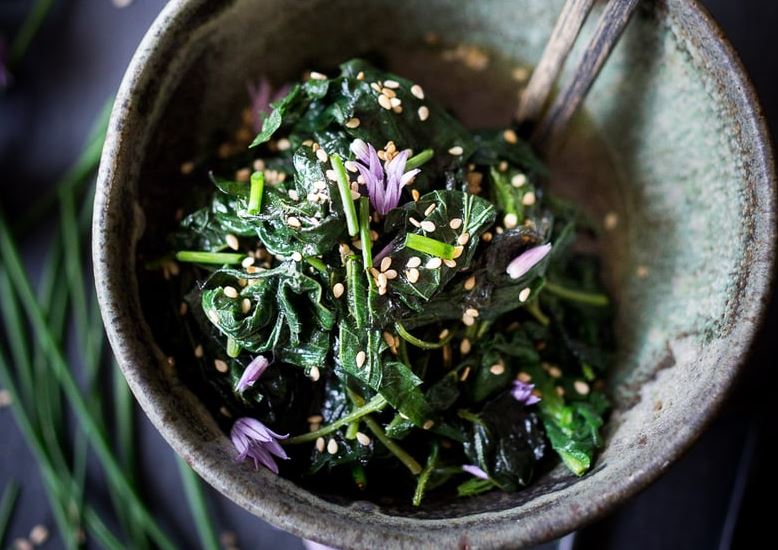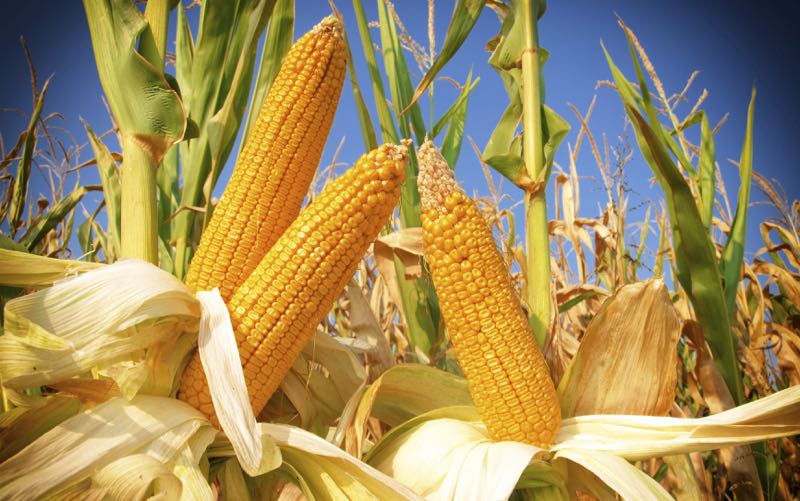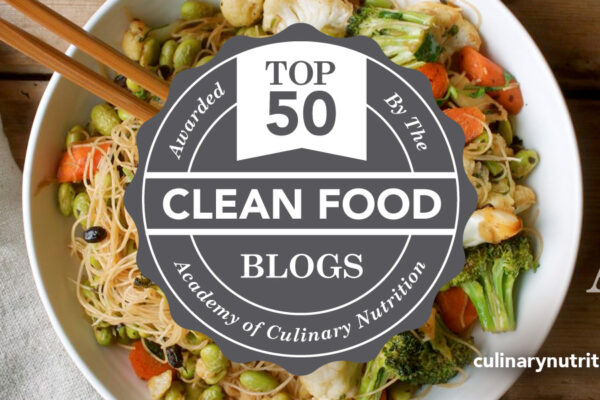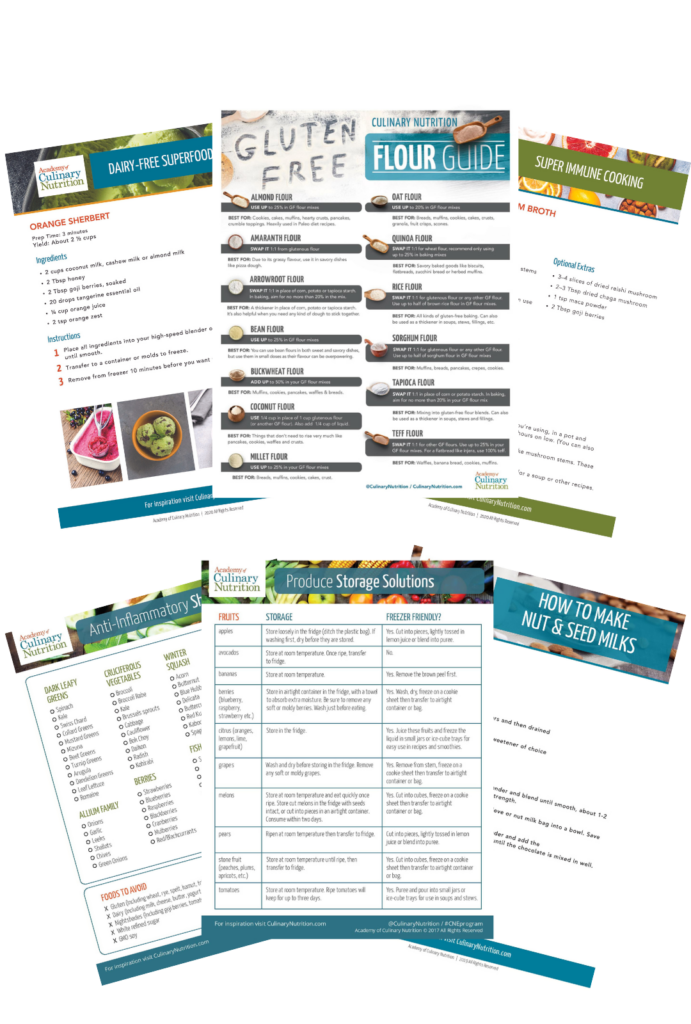11 Best Foods For Allergy Season
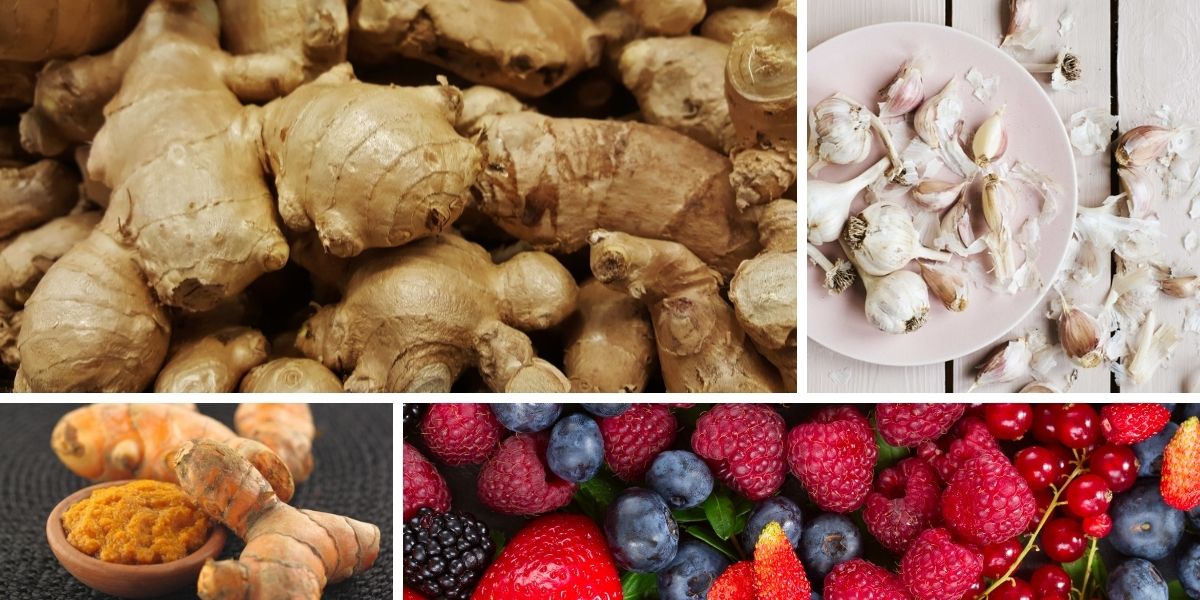
The change of seasons can have a substantial effect on our physical and mental health. Depending on the time of year, the seasons can inspire a sense of renewal, or compel us to ‘nest’ and hunker down with cozy foods and sweaters. Unfortunately, for millions of people around the world, seasonal changes can also lead to allergic reactions to the pollen drifting through the air that can cause itchy or watery eyes, sneezing, and nasal and sinus congestion. Incorporating key foods for allergy season can greatly help with preventing and addressing seasonal allergy symptoms, also known as hayfever or allergic rhinitis.
Generally speaking, the best foods for allergy season and hayfever are:
- Highly anti-inflammatory, which helps to reduce inflammation associated with allergy symptoms
- Rich in antioxidants, which help to combat free radicals damage, lower inflammation and offer allergy relief
- Immune system supportive, as seasonal allergies are a result of the immune system reacting to compounds in the air
Let’s talk about some optimal foods for allergy season, plus tips and recipes to help you incorporate them into your diet.
11 BEST FOODS FOR ALLERGY SEASON
Onions
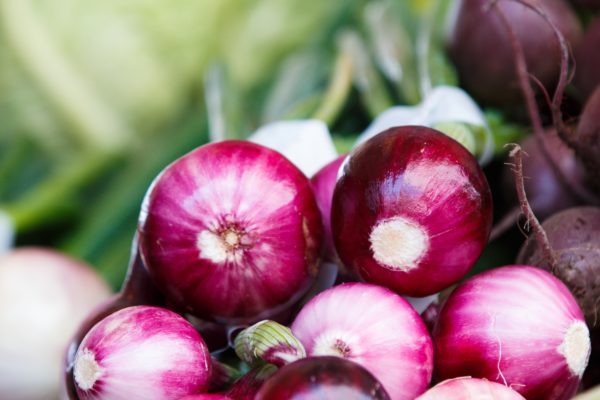
Photo: Thomas Martinsen on Unsplash
Not only are onions a budget-friendly and immune-supportive food, but they also contain solid amounts of quercetin. Quercetin is an antioxidant with antihistamine properties, meaning it helps to inhibit the production of histamine and it can help lower inflammatory compounds produced during your allergic response.
Other foods that are rich in quercetin include apples, berries, and grapes.
Recipe to Try: Fire Cider
Ginger
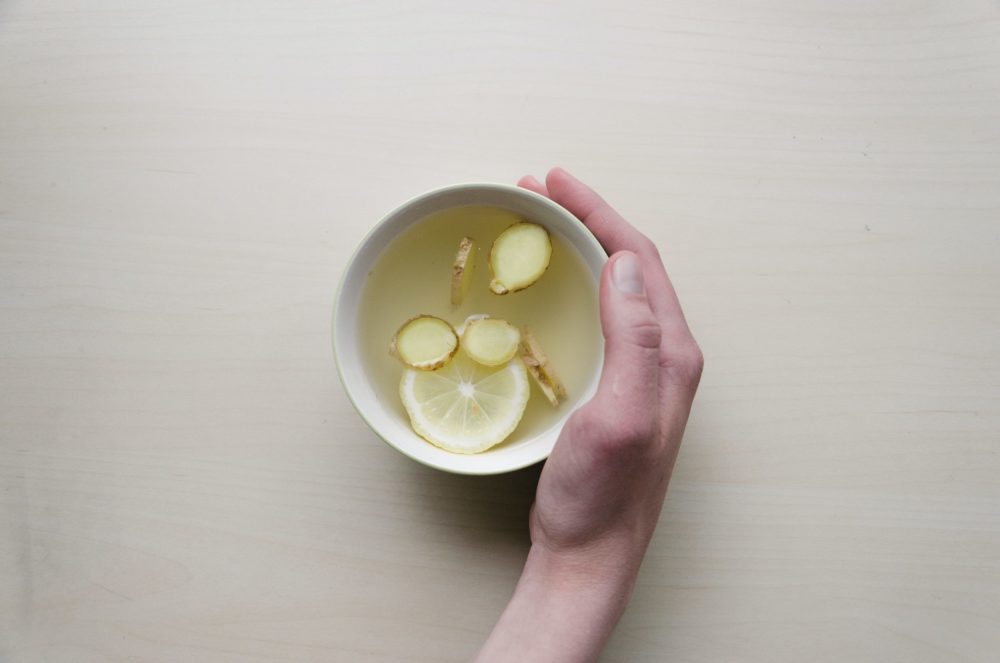
Photo: Dominik Martin on Unsplash
Ginger is a natural anti-inflammatory herb that’s compounds help to reduce the inflammation and discomfort that comes along with seasonal allergies. This study comparing ginger extract to loratidine, an over-the-counter antihistiamine medication, found that ginger was just as effective at reducing nasal symptoms like congestion, runny nose, and sneezing – plus it didn’t have the unpleasant side effects caused by loratidine such as drowsiness and dizziness.
Ginger is incredibly versatile, which is why it’s one of our favourite foods for allergy season. Use it in tea (hot or cold), soups, stews, elixirs, curries, baked goods, and more!
Recipe to Try: Cashew Carrot Ginger Soup
Turmeric
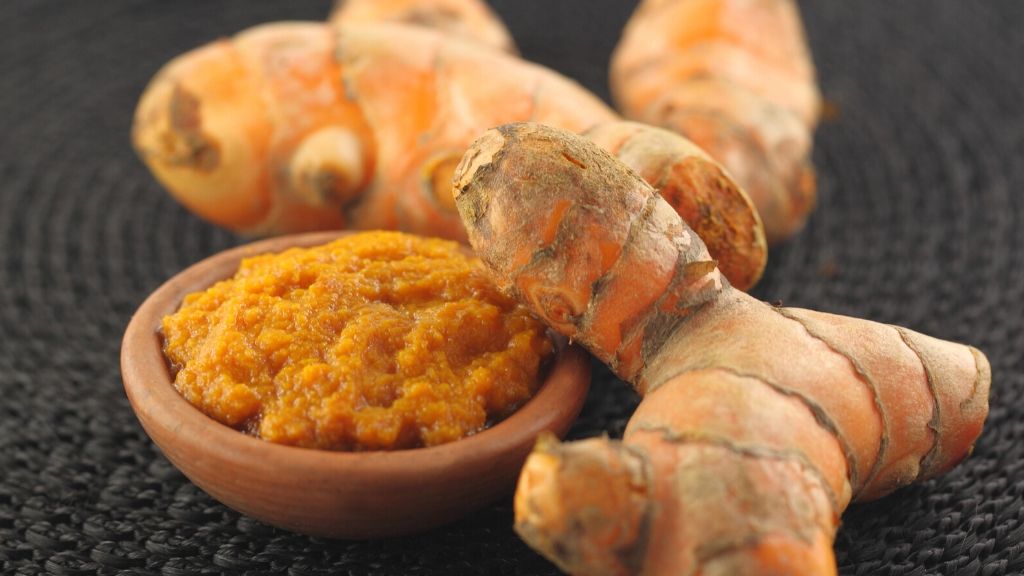
Turmeric is another member of the fantastic foods for allergy season club because of its anti-inflammatory and immune-supportive properties. Curcumin, one of turmeric’s most potent and active components, has been shown to relieve sneezing and nasal congestion caused by seasonal allergies and hayfever.
Recipe To Try: Homemade Turmeric Paste (And How to Use It)
Get your FREE Anti-Inflammatory Shopping List plus 35 more free resource guides!
Fill out the form below for instant access.
Free Resource Library
Enjoy more than 40 downloadable guides, recipes, and resources.
Bell Peppers
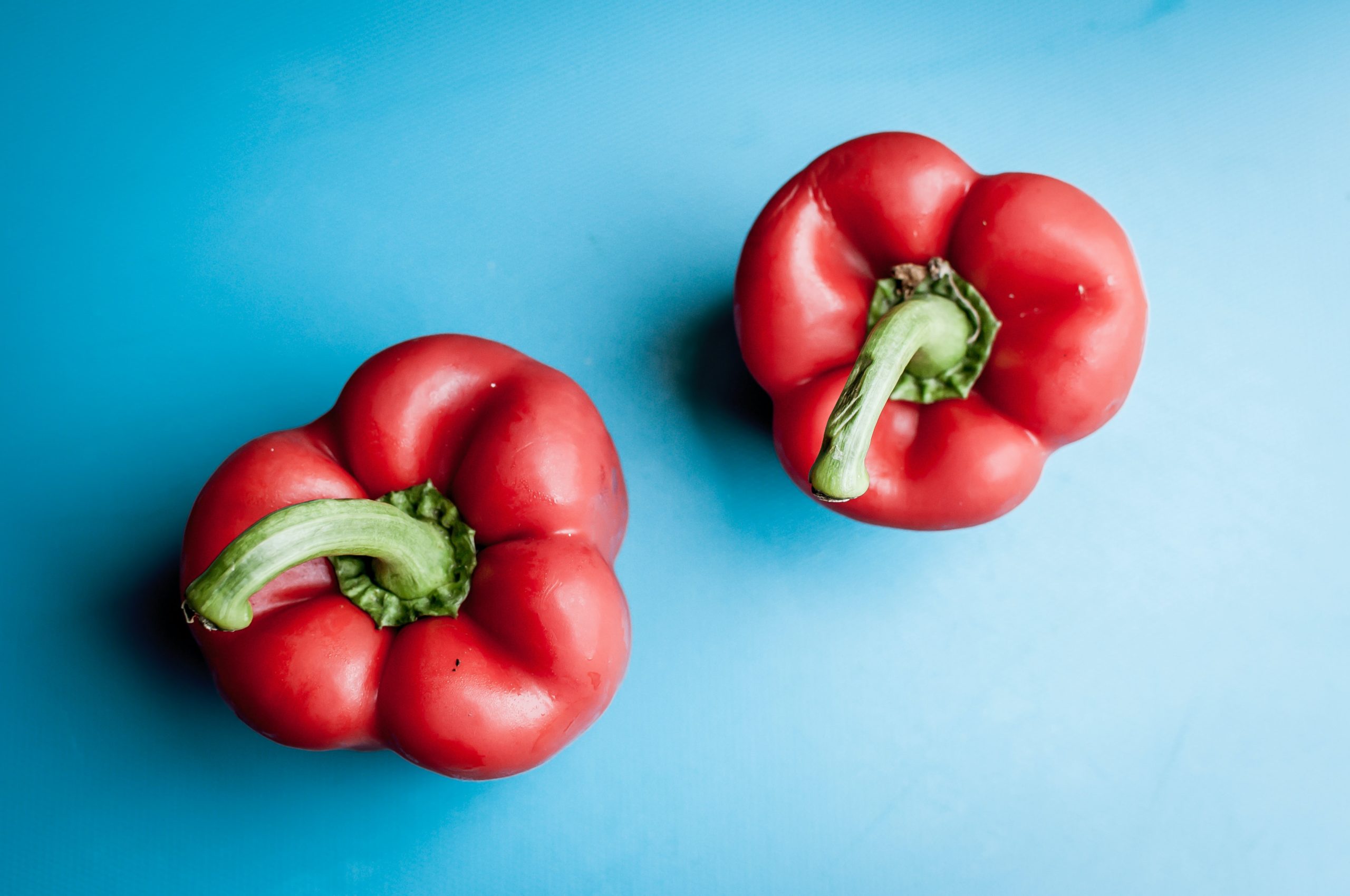
Photo: alis&po on Unsplash
Bell peppers contain a payload of Vitamin C, an anti-inflammatory and antioxidant vitamin. Studies show that Vitamin C consumption helps to both prevent hayfever from developing and ease allergy symptoms once they occur.
You might automatically associate Vitamin C with citrus fruits. While it’s true that citrus such as lemons, limes, oranges, and grapefruits are rich in Vitamin C, they are also high in histamine, which can provoke seasonal allergy symptoms and hayfever.
Other Vitamin C foods are broccoli, dark leafy greens, guavas, parsley, tomatoes, Brussels sprouts, and strawberries.
Recipe To Try: Bell Pepper Pesto by Meghan Telpner (*ACN Founder + Director)
Garlic
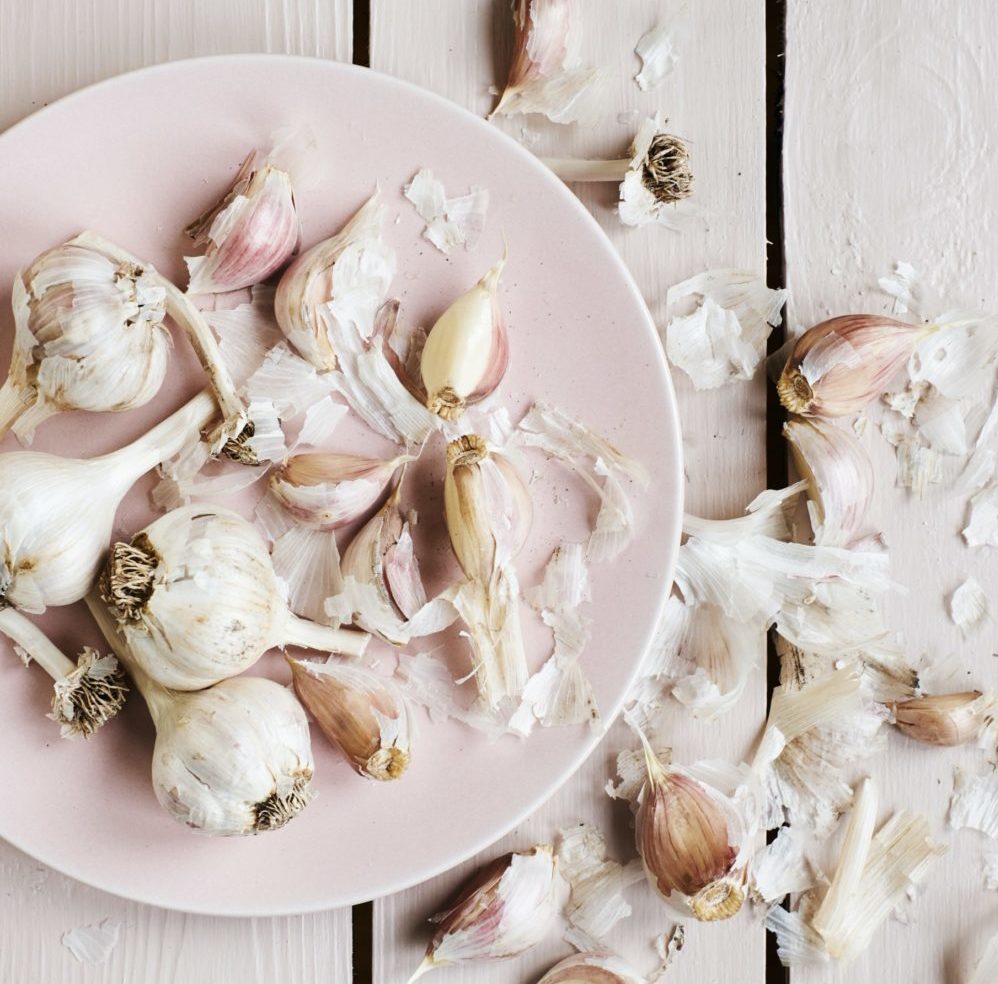
Photo: Karina Zhukovskaya on Unsplash
Garlic is a tasty food for allergy symptoms because its sulfur compounds greatly help to reduce inflammation and aid with modulating the immune system.
Recipe To Try: Garlic Artichoke Dip: Paleo, Vegan and AIP-Compliant by Alyssa Flegg (*Culinary Nutrition Expert)
Bone Broth Or Vegetable Broth
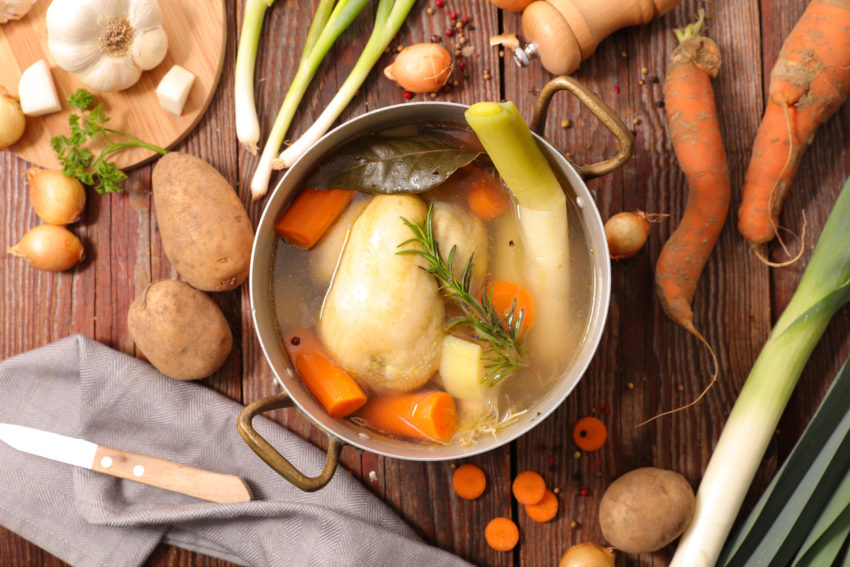
A hot, steamy bowl or mug of broth (or broth with gluten-free noodles!) can aid with clearing out the mucus that develops with allergy symptoms, plus it’s beneficial to the immune system and digestion. A healthy digestive tract is key to supporting and building the microbiome and in turn, the immune system.
Recipe to Try: Culinary Nutrition Guide to Broths and Stocks
Grapes
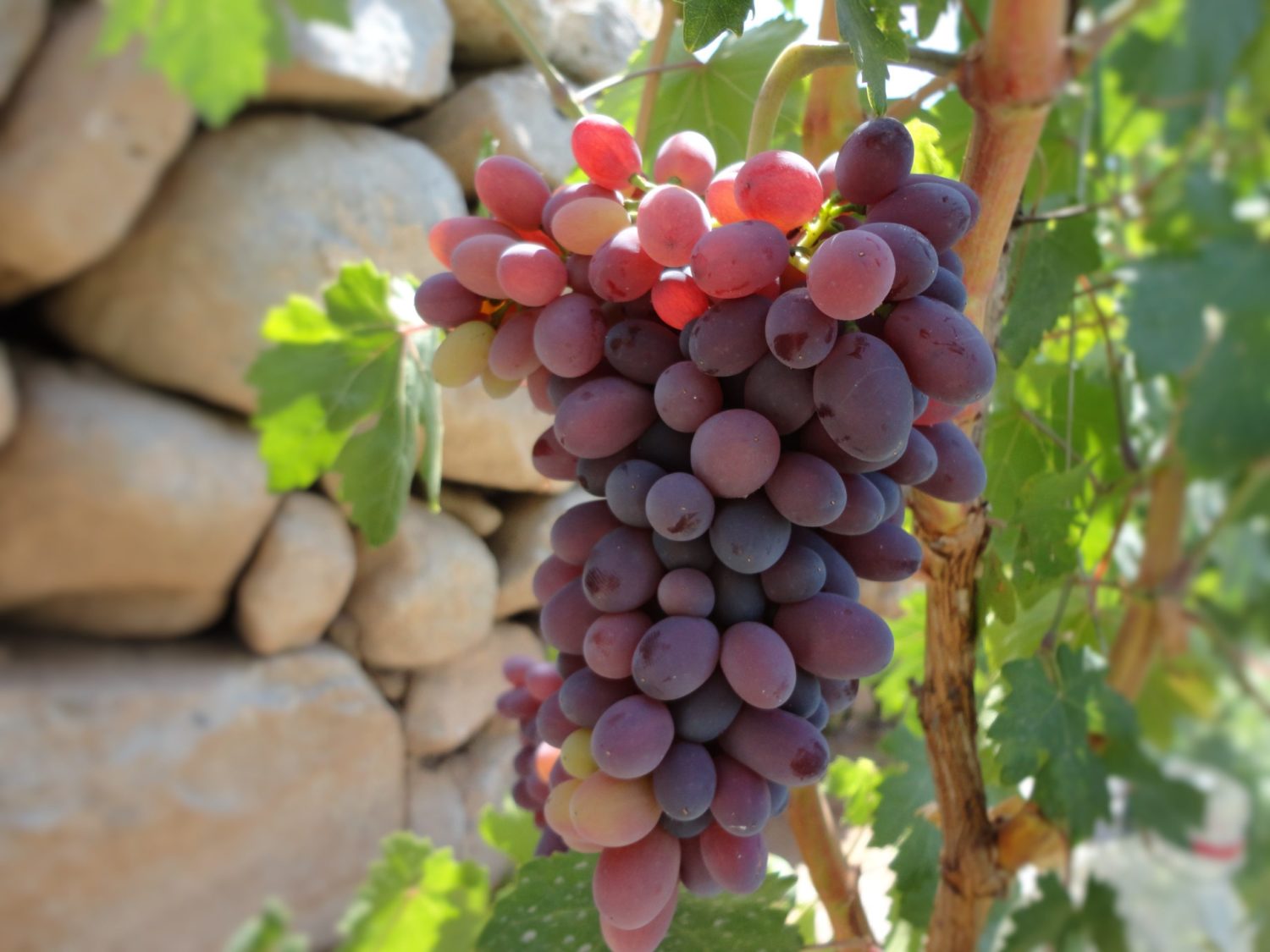
Photo: Mahdi Shakhesi on Unsplash
In addition to being a source of quercetin, grapes – particularly the skins – are a tremendous source of many other antioxidants that block the production of inflammatory chemicals. In this study of children in Crete following a Mediterranean-style diet, eating grapes, apples, tomatoes and oranges daily were linked to less wheezing and other hayfever symptoms.
Recipe To Try: Homemade Grape Juice by Michael Tannenbaum (*Culinary Nutrition Expert)
Fish
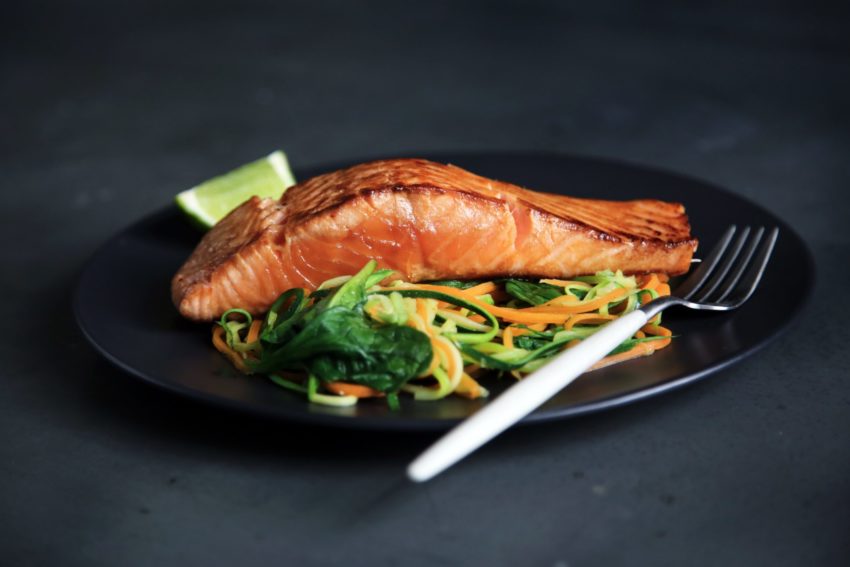
Photo: Caroline Attwood on Unsplash
The omega-3 fats found in fish are very anti-inflammatory; it’s also thought the Vitamin D that fish contains may play a role in helping alleviate seasonal allergies, too. Studies on pregnant women discovered that fish consumption can reduce the child’s risk of developing rhinitis, as can children eating oily fish on a regular basis between the ages of 8 and 16.
Learn More: Guide to Eating Fish – Choosing Healthy and Sustainable Options
Get your FREE Anti-Inflammatory Shopping List plus 35 more free resource guides!
Fill out the form below for instant access.
Free Resource Library
Enjoy more than 40 downloadable guides, recipes, and resources.
Cayenne Pepper
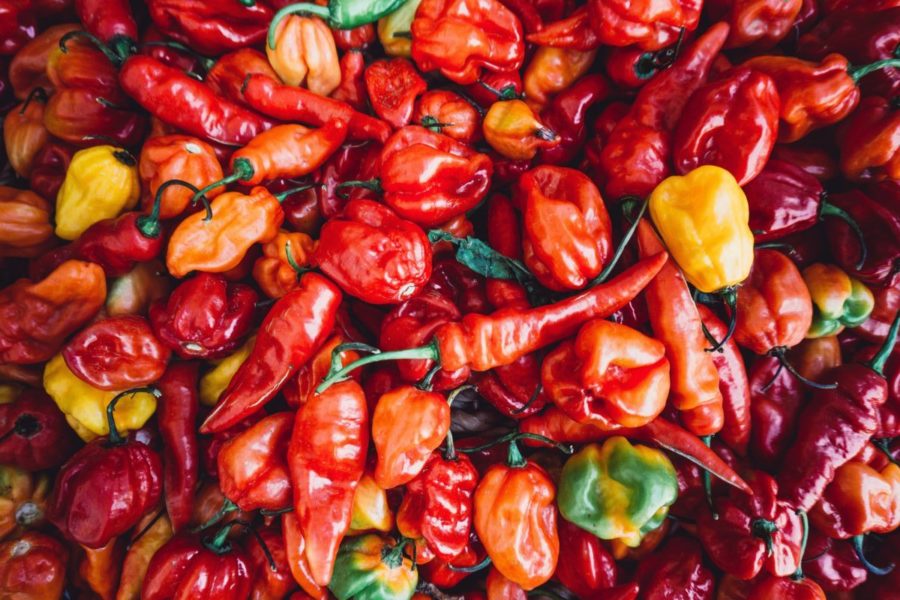
Photo: Timothy Brock on Unsplash
How much heat can you take? In addition to its anti-inflammatory properties, cayenne helps to increase mucus secretion and has been shown to ease congestion and sinus pain.
Learn More: Culinary Nutrition Guide to Chili Peppers
Berries
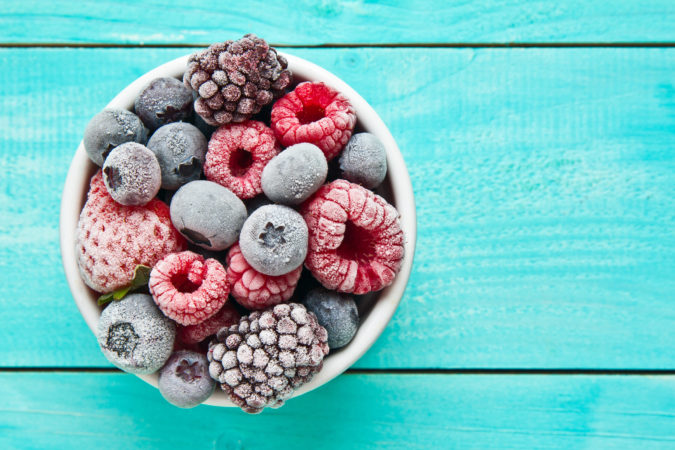
Berries have anti-inflammatory, immune-supportive and anti-allergic properties such as quercetin and Vitamin C. The flavanoids in berries aid with blocking the production of histamine, which may be why it helps to reduce allergy symptoms.
Recipe To Try: Almond Butter and Jelly Smoothie
Nettles
One of our most loved wild foods, stinging nettles are anti-inflammatory and have compounds that inhibit the production and release of histamine, as well as help to reduce allergy symptoms.
Recipe To Try: Steamed Nettles with Toasted Sesame Seeds by Feasting at Home
These foods for allergy season are delicious, and depending on where you live, may be local and seasonal at the time when you need them most.
Get your FREE Anti-Inflammatory Shopping List plus 35 more free resource guides!
Fill out the form below for instant access.
Free Resource Library
Enjoy more than 40 downloadable guides, recipes, and resources.
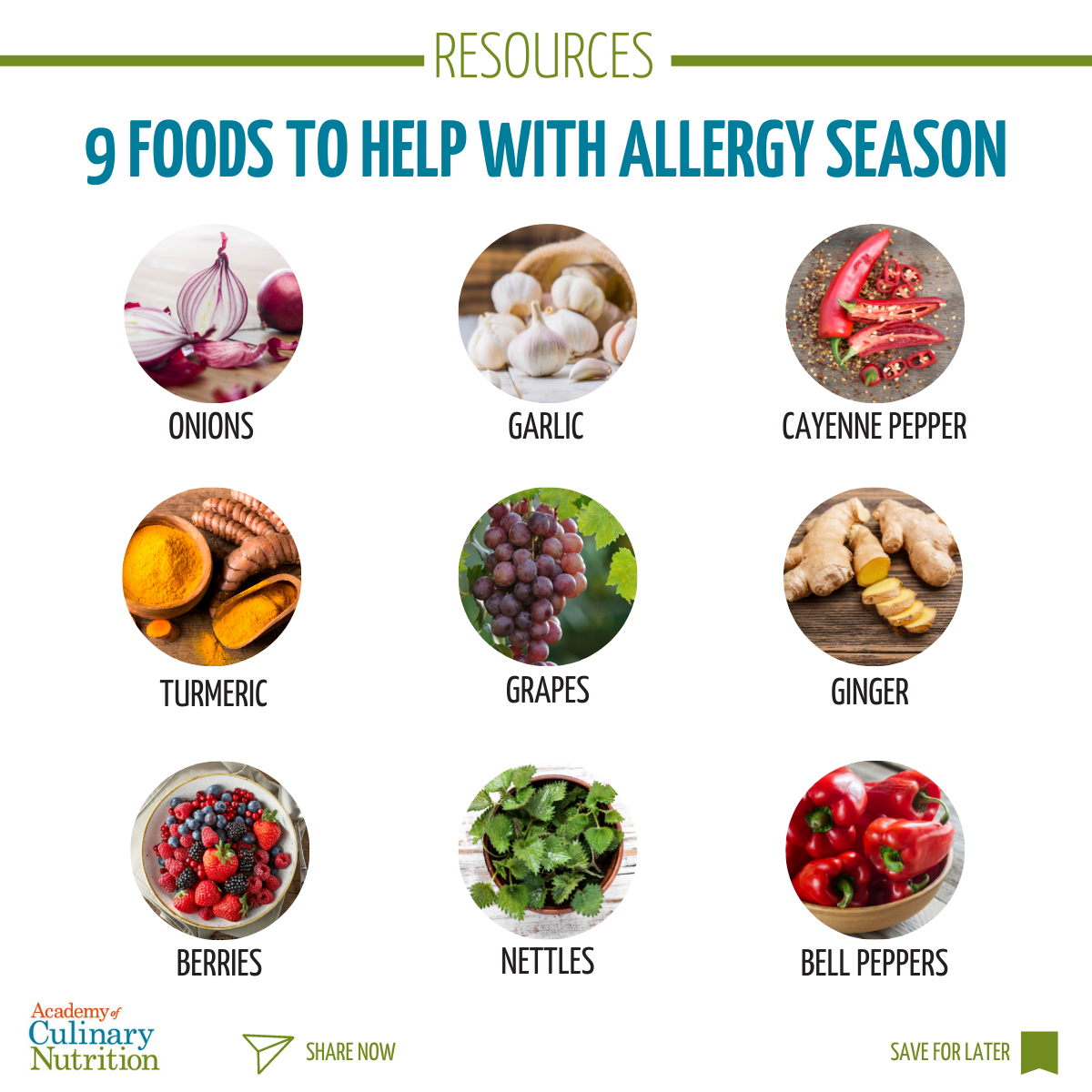
Free Resource Library
Enjoy more than 40 downloadable guides, recipes, and resources.















